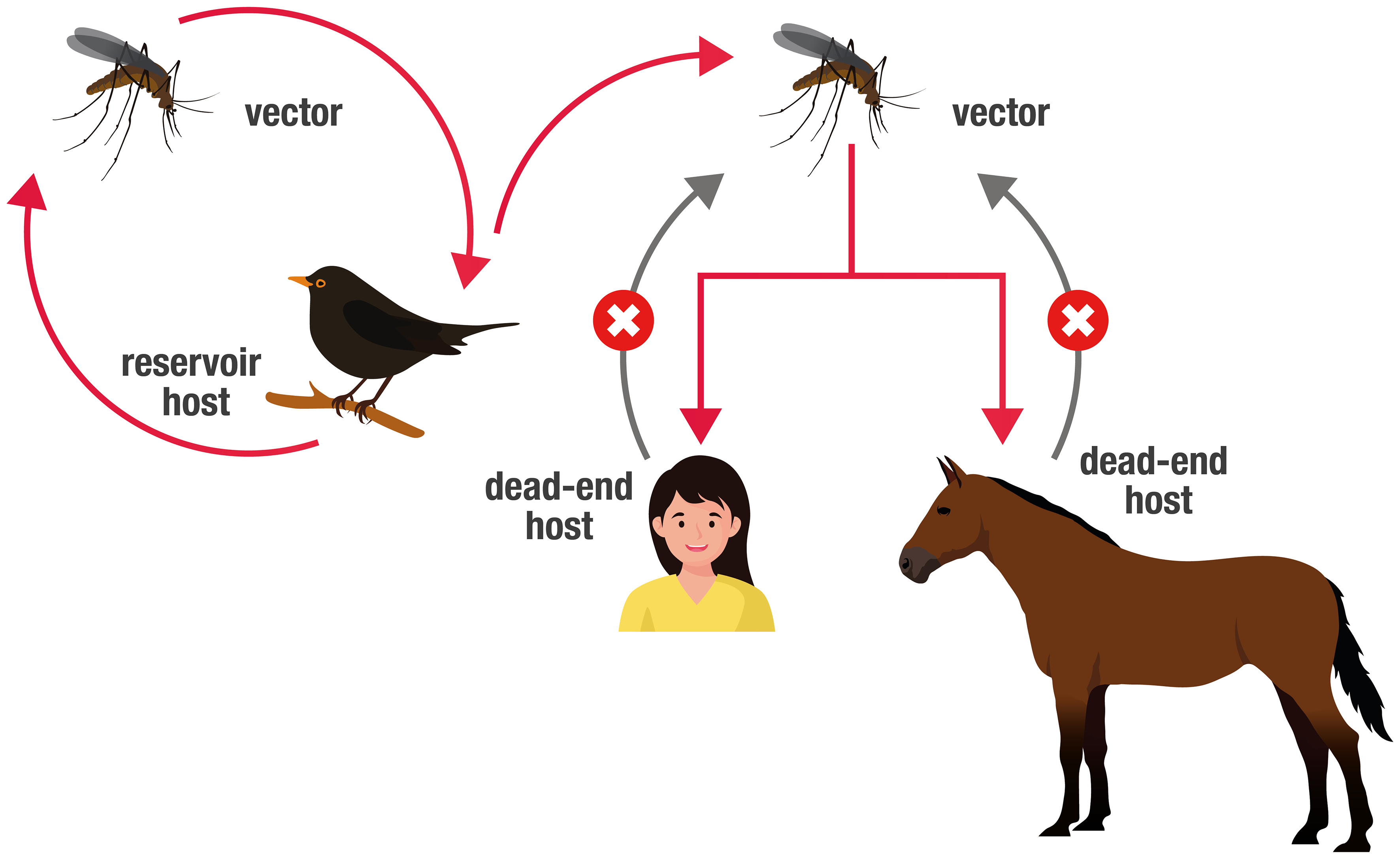The Usutu virus is active again in 2024, causing significant bird deaths across Germany, particularly in Lower Saxony. According to the Bernhard Nocht Institute for Tropical Medicine in Hamburg, around 25 percent of the birds examined and tested this year were infected with the virus.
Since the beginning of the year, the institute has received over 120 dead animals, including blackbirds, thrushes, and falcons. This number is already higher than the 100 submissions received throughout 2023.

Significant rise in dead blackbirds in Lower Saxony
The Nature Conservation League (NABU) has reported more than twice the number of sick or dead birds compared to the same period in 2023. The NABU website has received 1,536 reports of 1,806 dead and 1,060 sick blackbirds and other birds.
These reports come from across Germany, with Lower Saxony being the main focus. Nearly 800 dead and about 400 sick blackbirds have been reported in the region. This represents a sixfold increase in reports during the first half of the year compared to the same period in 2023.

Numbers may continue to rise
NABU bird protection expert Marco Sommerfeld believes that these numbers are just the beginning and could rise significantly. The blackbird die-off may again have a devastating impact on bird populations.
“In 2018, for instance, the blackbird population in Hamburg dropped by about 40 percent. It has not yet recovered. For such a common species, this is alarming.”
Blackbirds are among the most commonly sighted birds in Germany, along with tits and sparrows.
Public urged to report dead blackbirds
The Bernhard Nocht Institute and NABU continue to call for public assistance in reporting and sending in dead and sick birds. This helps monitor, document, and scientifically evaluate the virus’s spread.
The Usutu virus is transmitted by local mosquitoes. Infected birds appear sick and lethargic before dying within a few days. The pathogen first caused a bird die-off in Germany in 2011. The tropical virus has been spreading in Europe for over a decade and continues to expand, according to NABU.






